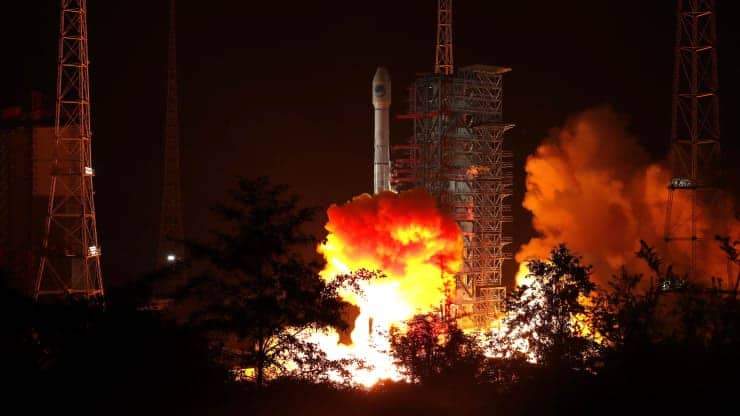China launches its final satellite to complete its rival to the US-owned GPS system

China sent the last satellite to space on Tuesday to complete its global navigation system that will help wean it off U.S. technology in this area.
The network known as Beidou, which has been in the works for over two decades, is a significant step for China’s space and technology ambitions.
Beidou is a rival to the U.S. government-owned Global Positioning System (GPS), which is widely-used across the world.
Experts previously told CNBC that Beidou will help China’s military stay online in case of a conflict with the U.S. But the launch is also part of Beijing’s push to increase its technological influence globally.The launch of the final satellite, which was broadcast on state-media channel CGTN, was deemed a success at 10.15 a.m. Beijing time.
It was the second attempt to complete the navigation network after a previously scheduled launch was postponed due to “technical issues,” according to Beidou’s official website.
Plans for China’s own system took shape in the late 1990s and the first version of Beidou was in service by 2000, providing coverage for satellite-based services to China.
The second iteration was completed by 2012 and provided services to the Asia-Pacific region. This third version, which is now completed and which consists of 30 satellites, will mean the Beidou network now has global coverage.
Photo: A Beidou navigation satellite was successfully launched by a long March 3b carrier rocket from the Xichang Satellite Launch Center in southwest China’s Sichuan province on November 5, 2019.Costfoto | Barcroft Media | Getty Images
Link: https://www.cnbc.com/2020/06/23/beidou-china-completes-rival-to-the-us-owned-gps-system.html




